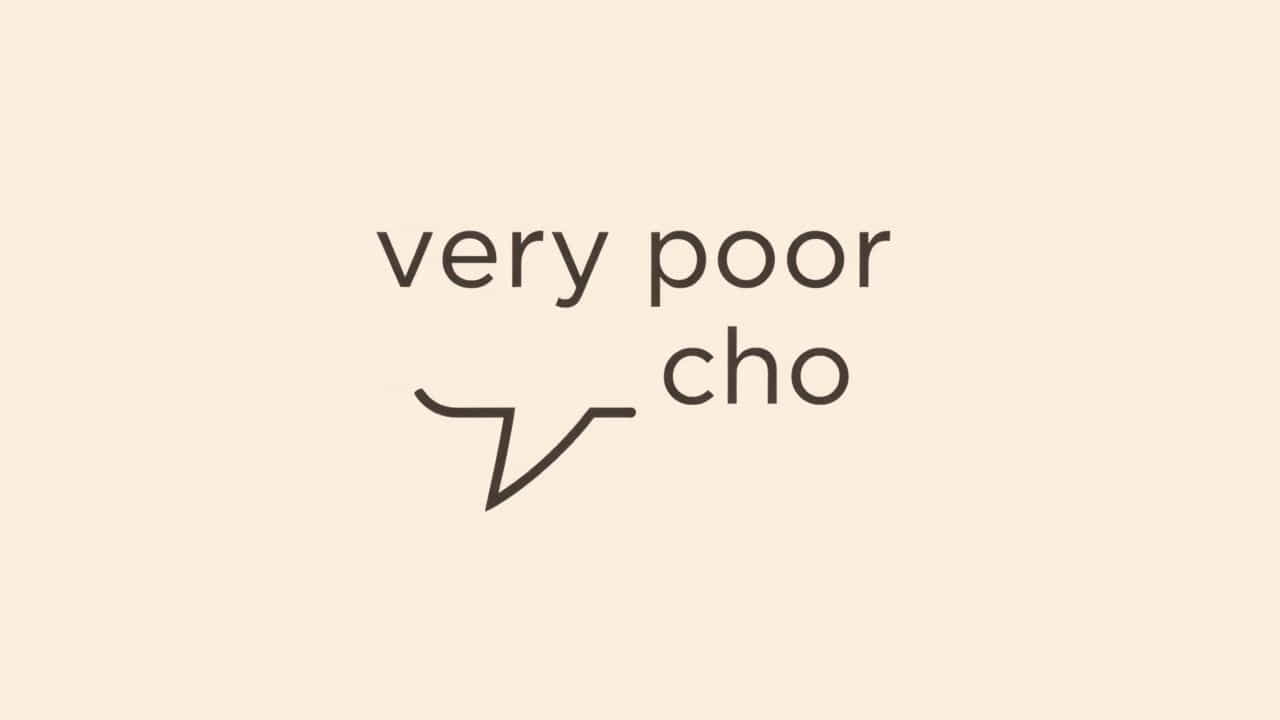Words have power. The way we communicate can inspire, inform, or even offend. Choosing the wrong words can lead to misunderstandings, hurt feelings, or damaged relationships. Whether in casual conversation, professional settings, or online discussions, a poor choice of words can have serious consequences.
In this topic, we will explore what constitutes a poor choice of words, why it happens, the impact it has, and how to improve word selection for better communication.
What Is a Poor Choice of Words?
A poor choice of words refers to language that is unclear, offensive, misleading, or inappropriate for the situation. This can happen due to a lack of awareness, emotional responses, or simply not thinking before speaking.
Some common examples of poor word choices include:
-
Insensitive language – Using words that may offend or exclude certain groups.
-
Ambiguous phrases – Statements that create confusion due to lack of clarity.
-
Overly aggressive tone – Words that come across as confrontational or rude.
-
Unnecessary jargon – Using technical terms that the audience may not understand.
Why Do People Choose the Wrong Words?
There are several reasons why people use the wrong words, even unintentionally:
1. Lack of Awareness
Many people are unaware that certain words may be inappropriate, offensive, or misleading. This is especially common in cross-cultural communication, where words may have different connotations.
2. Emotional Reactions
When emotions run high, people often speak without thinking. Anger, frustration, or excitement can lead to the use of harsh or careless words that may later be regretted.
3. Poor Vocabulary Choices
Sometimes, people struggle to find the right words to express themselves. Limited vocabulary or misunderstanding of word meanings can lead to unintended messages.
4. Social and Cultural Differences
What is acceptable in one culture may be offensive in another. Words and phrases that are harmless in casual settings may not be appropriate in formal or professional conversations.
5. Overuse of Slang or Informal Language
Using too much slang, abbreviations, or internet language can make communication unclear, especially in professional or academic settings.
The Impact of Using the Wrong Words
A poor choice of words can have various negative effects on personal, professional, and social interactions.
1. Miscommunication
Using vague or misleading words can cause confusion. If the listener interprets the message differently from what was intended, misunderstandings can arise.
2. Damaged Relationships
Words have the power to build or break relationships. Insensitive or harsh words can cause emotional harm, leading to conflicts and resentment.
3. Loss of Credibility
In professional settings, choosing the wrong words can make a person seem unprofessional or uninformed. This can affect business deals, leadership effectiveness, and workplace harmony.
4. Public Backlash
With social media playing a major role in modern communication, a single poor choice of words can go viral and lead to public criticism or reputation damage.
5. Legal Consequences
Certain words, especially those related to defamation, discrimination, or harassment, can result in legal consequences. Being mindful of language is crucial in both personal and professional interactions.
Examples of Poor Word Choices and Their Alternatives
Here are some common poor word choices and better alternatives for effective communication:
| Poor Word Choice | Better Alternative |
|---|---|
| "You don’t understand." | "Let me explain it differently." |
| "That’s a stupid idea." | "I see your point, but have you considered this?" |
| "Calm down!" | "I understand how you feel. Let’s talk about it." |
| "Whatever." | "I’d like to discuss this further." |
| "You’re wrong." | "I have a different perspective on this." |
How to Improve Word Choice in Communication
1. Think Before Speaking
Take a moment to consider whether your words are clear, respectful, and appropriate for the situation.
2. Expand Your Vocabulary
Reading more books, topics, and engaging in meaningful conversations can help you develop a better vocabulary, making it easier to express yourself clearly.
3. Be Mindful of Tone and Context
The same words can have different meanings depending on how and where they are used. Adjust your language based on the audience and setting.
4. Practice Active Listening
Listening carefully to others helps improve communication skills. By understanding how others express themselves, you can learn to choose your words more effectively.
5. Ask for Feedback
If you’re unsure about how your words might be perceived, ask a trusted friend or colleague for feedback before saying or writing something important.
6. Avoid Speaking in Anger
When emotions are high, it’s best to take a pause before speaking. Responding calmly can prevent misunderstandings and conflicts.
The Role of Good Word Choice in Effective Communication
Choosing the right words can lead to:
-
Stronger personal and professional relationships
-
Better teamwork and collaboration
-
More persuasive and influential speech
-
Clearer and more effective communication
Words matter. A poor choice of words can lead to misunderstandings, conflicts, and even serious consequences. By being mindful of language, improving vocabulary, and practicing effective communication strategies, we can ensure that our words create positive rather than negative impacts.
Taking the time to choose words carefully not only enhances relationships and professionalism but also fosters clearer, more meaningful interactions.
